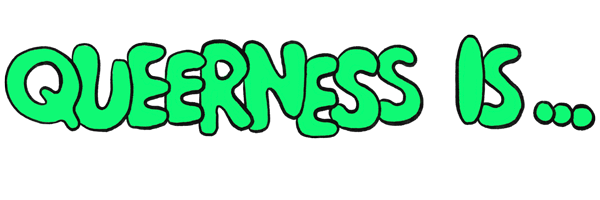Angelica Ross on Revolutionary Trans Queer Joy
Whatever shine you see on me now, this industry didn’t give that to me; Hollywood could never! I came here with this shine because of these people.
When fans felt that pain with Candy and they felt the pain of the colorism in the show, I felt it too. As a Black dark-skinned trans woman, I’m experiencing in real time what we’re telling onscreen... dark-skinned trans women were not allowed to breathe as much as the light and bright girls.
I’m very clear on what I’m worth and centered in who I am now.
I have gone from thinking, Who’s going to love a Black trans woman? to Which one of these people am I going to try and give my time to?







